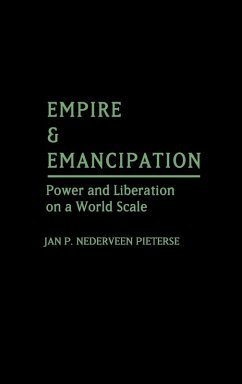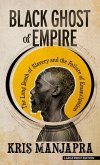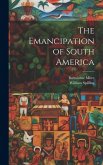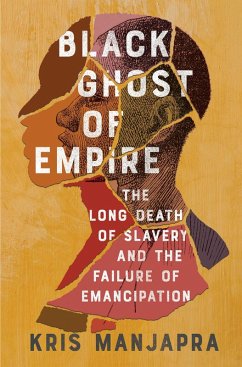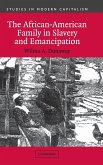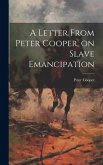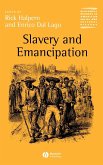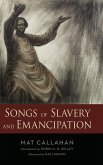In this thought provoking study, Pieterse breaks with traditional studies of imperialism to present a more balanced view of history, one that examines the logic of liberation as well as the logic of imperialism. We appear to know more and to think more about domination than about liberation, writes the author in the introduction. Does this indicate that in our general perception history is chiefly made `from above'? By large compelling forces such as imperialism, capitalism, rather than `from below' by social movements? Nederveen Pieterse examines imperialism and power on a world scale from above and from below and offers a theoretically developed study of domination and liberation together as the shaping forces of history. Students and scholars of political science and history will find mpire and Emancipation a source of stimulating ideas. The study begins with a review of the prominent theories of imperialism and emancipation, both political and economic. The book then develops these theoretical perspectives by looking into imperial history. Continuities and discontinuities of imperial history are examined: between the era of the Crusades and later stages, between aristocratic and capitalist aspects, between `race' within Europe and beyond, between the British Empire and United State hegemony. In addition, Nederveen Pieterse examines the role of social movements: labour movements in the western world, the Irish struggle, the struggles of the African diaspora, and the resistance of American Indians. Empire and Emancipation breaks with traditional approaches to imperialism to present a more balanced view of history, which considers the interrelations of empire and emancipation.
Hinweis: Dieser Artikel kann nur an eine deutsche Lieferadresse ausgeliefert werden.
Hinweis: Dieser Artikel kann nur an eine deutsche Lieferadresse ausgeliefert werden.

